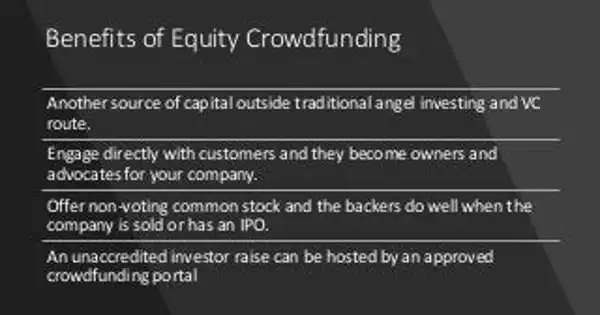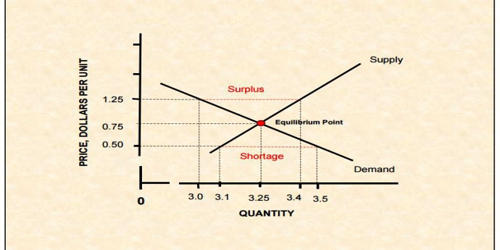What matters more to venture capitalists: a sleek presentation or the actual experience and competence of the firm founder?
Alessandro Piazza, an assistant professor of strategic management at Rice University’s Jones Graduate School of Business, Brian Chung, a Ph.D. candidate at Rice Business, and Daniel Reese of Dortmund University evaluated data on 4,190 new businesses and their founders for a report.
They discovered that “expertise signaling” by founders, which may or may not correspond to reality in terms of their experience, talents, or background, played a substantial effect in the success of their businesses.
Venture capital (VC) is a type of private equity and a type of financing provided by investors to startups and small enterprises with the potential for long-term growth. Well-heeled investors, investment banks, and other financial institutions are the most common sources of venture capital.
Raising capital is frequently the most difficult issue for early-stage startups, and putting together a founding team capable of persuading investors to invest is becoming increasingly important. Securing financing can lead to additional funding from other venture capitalists, as well as liquidity events like a merger or acquisition.
Small businesses with outstanding development potential, or businesses that have expanded swiftly and are poised to expand, are frequently given venture capital. It has grown from a minor activity at the end of WWII to a complex sector with various stakeholders who all play a key role in driving innovation.
“When predicting (an acquisition or merger), actual expertise was still the strongest predictor. But when it came to raising funds, we were surprised to discover that founders’ expertise signaling was actually a more powerful predictor than their actual background and experience,” the authors wrote.
“Our findings have important practical implications and highlight the need for better theories of the role of the founding team in entrepreneurship and venture financing.”
When predicting (an acquisition or merger), actual expertise was still the strongest predictor. But when it came to raising funds, we were surprised to discover that founders’ expertise signaling was actually a more powerful predictor than their actual background and experience.
The Authors
Venture capital funds are private equity investment entities that attempt to invest in high-risk/high-reward companies based on their size, assets, and product development stage. These are distinct from mutual funds and hedge funds in that they concentrate on a single sort of early-stage investment.
Corporate failures occur frequently as a result of founders’ claims diverging substantially from what they can deliver, as seen in the situations of Theranos and WeWork.
On the other hand, because its creator, Eric Yuan, did not “look the part,” Zoom, now a public business with a market capitalization of $88 billion, was unable to acquire early funding.
“In other words, he did not fit the mold of a stereotypical young tech founder, despite his track record and extensive experience,” the authors wrote. “As a result, Zoom had to raise funds from friends and family before being able to bring VCs on board.”
Because a successful business venture necessitates a varied range of talents, the study team narrowed their focus on three types of knowledge among founders: entrepreneurial, managerial, and technical.
“When we looked at whether startups were acquired or went public one of our two measures of success we found that expertise signaling wielded a sizeable influence, even though actual expertise narrowly carried the day,” the authors wrote.
The portfolio returns of venture capital funds mimic a barbell approach to investing. Many of these funds place tiny stakes on a wide range of early firms in the hopes that at least one would achieve rapid development and repay the fund with a disproportionately large dividend at the end. As a result, the fund is able to reduce the risk that some of its investments would fail.
“But when we looked at how much money new ventures were able to raise, the effect of expertise signaling exceeded that of actual expertise for both the entrepreneurial and the managerial component.”
“In other words, for founding teams, showing off appears to pay off to a greater degree than having the goods when it comes to raising capital, while longer-term outcomes such as acquisitions and IPOs are less sensitive to expertise signaling,” they continued.
















